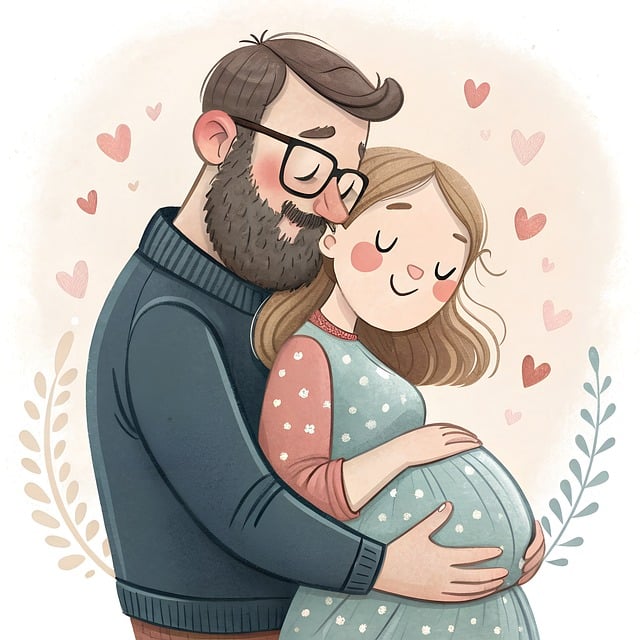Navigating postpartum depression (PPD) can be daunting, especially when it comes to finding the right therapist. Whether you’re dealing with feelings of sadness, anxiety, or overwhelming stress after giving birth, connecting with a qualified postpartum depression therapist is crucial for your recovery. Here, we explore what a postpartum depression therapist does, how to find one, and tips on managing costs effectively.
What is a Postpartum Depression Therapist?
A postpartum depression therapist specializes in treating new mothers experiencing PPD, a serious condition that may arise anytime within the first year after childbirth, though it’s most common within a month postpartum. Women experiencing PPD often report feeling deeply sad, overwhelmed, or detached from their newborns. These feelings may be accompanied by mood swings, anxiety, exhaustion, and a loss of interest in activities that once brought joy. If you’re wondering whether you might be affected, consider taking a screening quiz for PPD.
Where to Find a Postpartum Depression Therapist
Finding a therapist who specializes in postpartum depression can be challenging. It’s essential to seek professionals who understand the unique experiences of new mothers. You can start your search through online directories, support groups, or mental health organizations. For those looking for community support, consider joining the Make A Mom Facebook group, a platform that connects individuals seeking help and sharing experiences related to motherhood.
What to Look for in a Postpartum Therapist
When searching for a therapist, consider the following:
- Specialization: Ensure the therapist has experience in treating postpartum depression specifically.
- Approach: Some therapists use cognitive-behavioral therapy (CBT) or other modalities. Researching their methods can help you find a good fit.
- Availability: Check if their schedule aligns with yours and their willingness to offer virtual sessions if needed.
- Affordability: Discuss costs upfront, including whether they accept insurance or offer sliding scale fees.
How Much Does Postpartum Depression Therapy Cost?
The cost of therapy varies widely based on location, therapist experience, and session length. On average, sessions can range from $100 to $250. Many therapists offer a sliding scale based on income, so don’t hesitate to ask about this option. Additionally, if you are considering assisted reproductive technologies, checking resources such as the Mayo Clinic’s overview on IVF can provide insights into related costs and procedures.
For those exploring at-home insemination options, Make A Mom provides unique solutions, including the only reusable option for at-home insemination, making it a budget-friendly choice. To learn more about the process, visit How It Works.
Additional Resources
If you are considering using a known donor, the journey can be complex. We recommend reading about Eli and Sam’s experience in building a family with a known donor to gain insights into the process. Check out their story here.
For further engagement, you can also explore our blog post by Emily Carter on effective communication strategies related to insemination here.
To Summarize:
Finding a postpartum depression therapist is an important step in managing your mental health after childbirth. By understanding what to look for and where to start your search, you can connect with a professional who meets your needs. Don’t forget to explore community support, consider your options for therapy affordability, and check out related resources that can assist you in your journey to motherhood. Remember, you’re not alone, and help is available.

